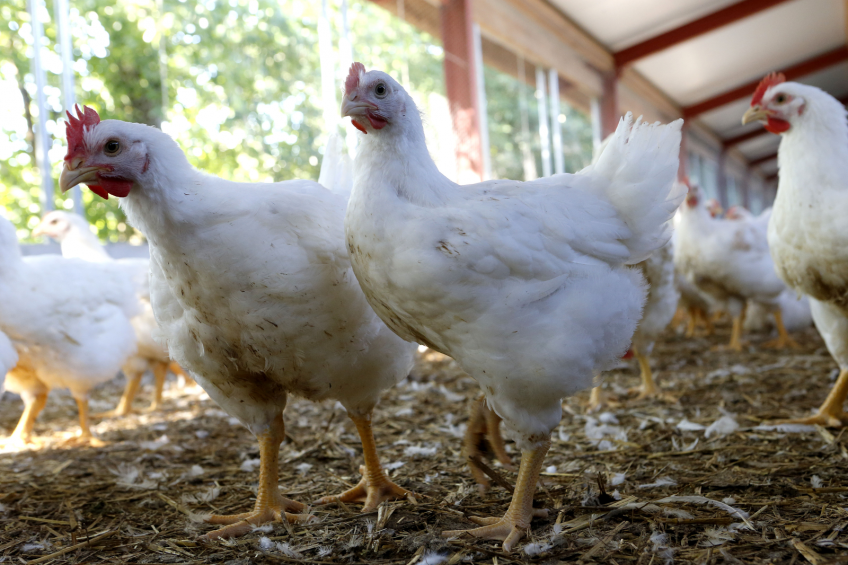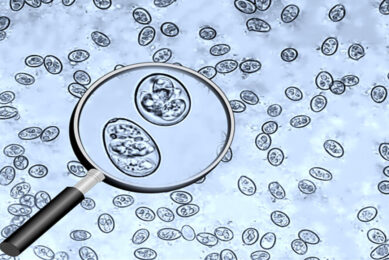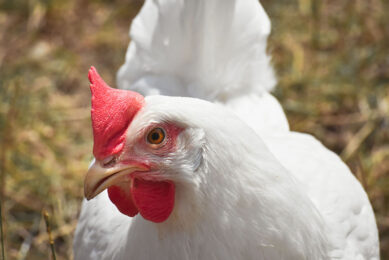Poulpharm to test many Eimeria species per sample

Seven species of Eimeria are known to infect chickens and cause the disease Coccidiosis. The company Poulpharm has now developed a semi-quantitative qPCR for all these Eimeria species of chickens and six species of turkeys.
Coccidiosis monitoring by OPG countings (Oocysts Per Gram faeces) has been the monitoring tool in the field for many decades. It’s done microscopically by the McMaster technique and it is fast, rather cheap and relatively easy to do. Eimeria species differentiation however is, especially in chickens, probably one of the most difficult diagnostic tests existing. It demands a tough and continuous training of the laboratory personnel and only a few specialised labs worldwide are able to perform oocyst differentiation routinely.
Validation of OPG counts, coccidiosis research in vaccines and inoculum production
Poulpharm has developed a qPCR test that can differentiate all the different species. According to the company, the qPCR will be used routinely for monitoring but also for validation of OPG counts, coccidiosis research in vaccines and inoculum production. While OPG counts are based on the oocyst morphology with the inherent subjective interpretation, the PCR uses DNA to distinguish species and is therefore more distinctive. Also the sensitivity of OPG counting is limited to 100 oocysts per gram. “With our qPCR we can detect up to 25 unsporulated oocysts and even only 5 sporulated oocysts per gram faeces. With a representative sample of 30g from your flock we can perform both OPG counting and qPCR analysis”, according to Poulpharm.












